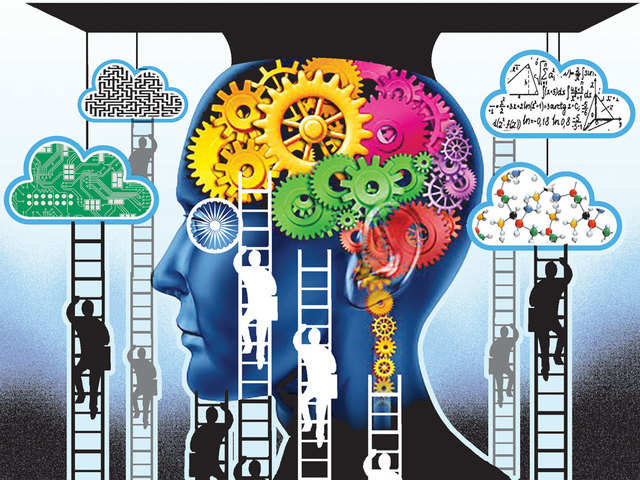By Vrinda Sachdeva
The outbreak of novel coronavirus i.e. COVID-19
has soared to an alarming rate. The death toll from China's new coronavirus
outbreak has jumped to 3,352. Governments around the world are scrambling to
contain the spread of COVID-19. From stocks to bonds and currencies to
economies, the coronavirus outbreak is rocking all corners of financial markets.
This matter has caused fear amongst Industry leaders. Less consumption, idle
factories, and broken global supply chains, the world would see the effects of
this virus. As the danger of economic impact is spreading, the Stock market
around the globe is crashing.
Not just that, the Chinese Large New Year's
events were canceled, tourist attractions and cinemas were closed. Making the
matter worse, the doors remain closed at around 2,000 Starbucks, hundreds of
McDonald's restaurants, 130 Uniqlo shops and at 30 Ikea stores.
While oil has plunged into a bear market, with
a 6.4% decline, the oil prices have dropped precipitously. But the oil industry
is not the first of many to have a downfall because of the COVID-19. It doesn't
seem to get better from here, the matter is getting worse. Near the affected
areas, the companies have started removing their staff. Evacuating 38
international employees along with their families, the French automotive group
Peugeot is destined to begin 2020 with a substantial financial blow. In the
coming days, even the US government is planning to relocate its citizens and
consular staff from Wuhan.
While coronavirus is throttling the economy,
Prime Minister Justin Trudeau has said: "I will continue to ensure that
the economy does not become subject to a slowdown that would hurt
Canadians". The Fiscal policy would be efficient to stimulate the economy.
This would help the people who will be staying at home to take care of their
children, to have some money in their bank accounts. It wouldn't be wrong to
say that more pain is on its way. The only question is, how painful will it be.


Comments
Post a Comment